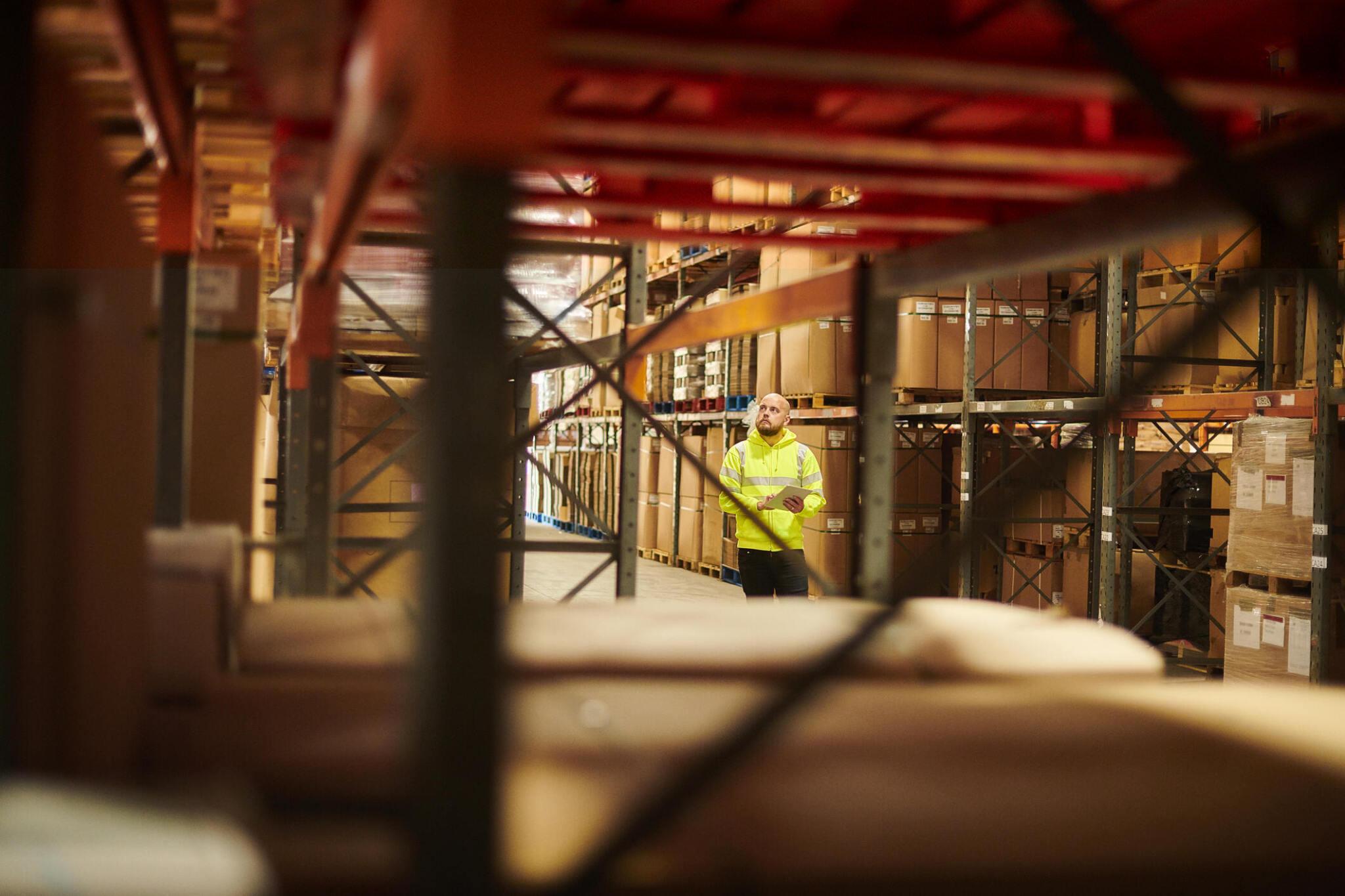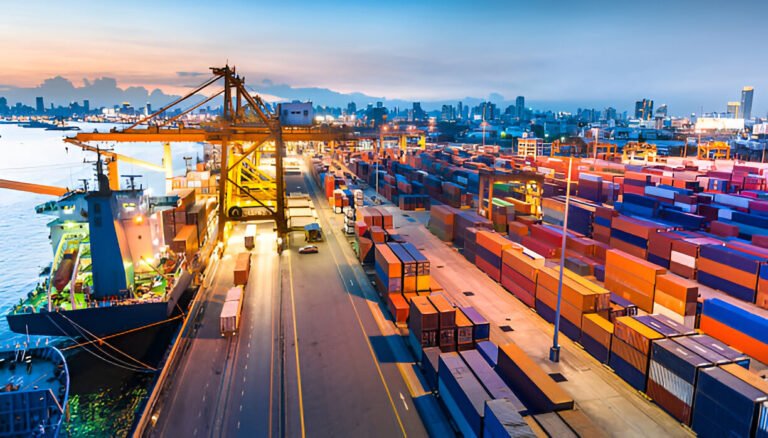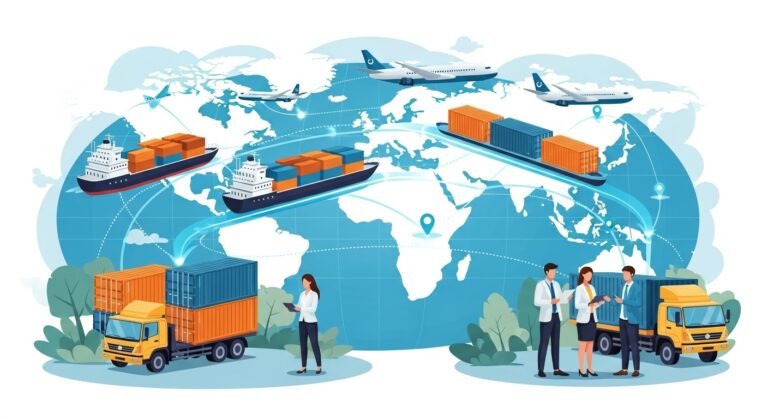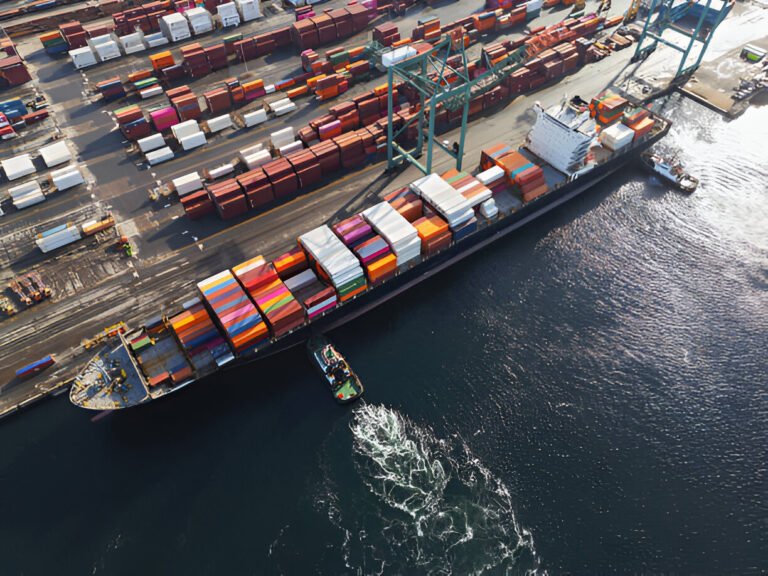The conflict in the Red Sea region can have significant impact on shipping transit time, depending on various factors such as the specific location of the conflict, the intensity of the conflict, and the measures taken by shipping companies and authorities to mitigate risks.
Here are some potential impacts on shipping transit times due to conflict in the Red Sea:
Route Alteration
Shipping companies may choose to alter their routes to avoid areas directly affected by the conflict. This could involve taking longer routes or diverting ships through alternative waterways, which would inevitably increase transit times. Due to the perceived risk of traveling through the Red Sea, many shipping companies have opted to reroute their vessels around the Cape of Good Hope in South Africa. This adds a considerable distance to journeys, leading to delays of 1-3 weeks compared to standard transit times.
Increased Security Measures
Heightened security measures, such as naval patrols or escort services, may be implemented to ensure the safety of ships passing through conflict-affected areas. While these measures are intended to enhance security, they can also slow down transit times due to additional checks and procedures.
Port Delays
Ports in the vicinity of the conflict zone may experience disruptions or closures, either due to direct impacts of the conflict or as a precautionary measure. Ships scheduled to dock at these ports may face delays or rerouting to alternative ports, leading to longer transit times. Shipments moving from Asia to Europe, especially to Germany, have seen some of the most significant delays. These routes can experience an increase in transit time by as much as 55%, translating to an average wait of 12 days.
Insurance Considerations
Shipping companies may reevaluate insurance premiums and coverage in light of increased risks associated with navigating through conflict zones. This could lead to changes in operational decisions, including route planning and transit schedules, which may impact overall transit times.
Supply Chain Disruptions
Conflict-related disruptions in the Red Sea region can also affect the broader supply chain, including factors such as availability of goods, production delays, and distribution challenges. These disruptions may indirectly impact shipping transit times as well.
Economic Ripple Effects
The Red Sea and Suez Canal handle roughly 30% of the world’s container traffic. Disruptions in this region have a major impact on the global economy, causing inflation in the prices of imported goods.
Overall, the impact on shipping transit times due to conflict in the Red Sea can vary depending on the specific circumstances and the responses of shipping companies and authorities. However, it’s generally expected that such conflicts would lead to longer transit times and increased uncertainties in maritime transportation in the affected areas.
Related: Impact of Trade Agreements on Global Supply Chains
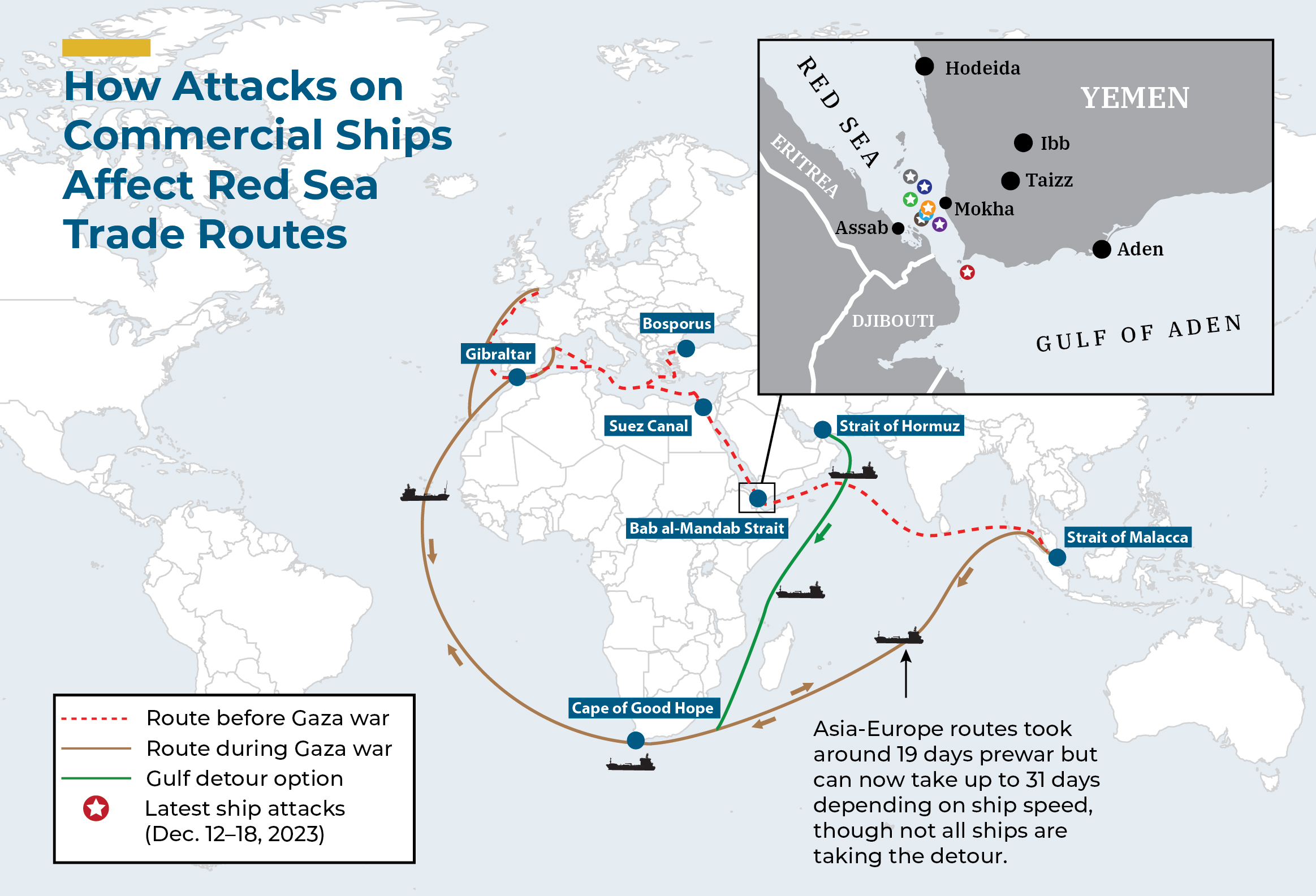



Danish Mairaj is a medical device expert with a strong focus on regulatory and quality compliance. He has been involved in managing clinical trial infrastructure including supplies and logistics. He has over 15 years of experience in the MedTech and Pharmaceutical industry. He is a certified Product Owner, Scrum Master, and Project Management Professional PMP. He studied Biomedical Engineering in Germany and MedTech Regulatory & Quality in Galway, Ireland. He contributes articles to the BRASI newsletter.
- Danish Mairaj#molongui-disabled-link




